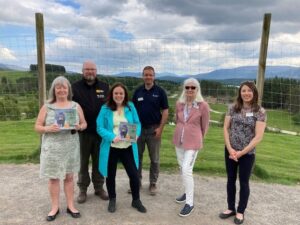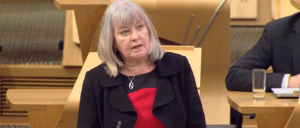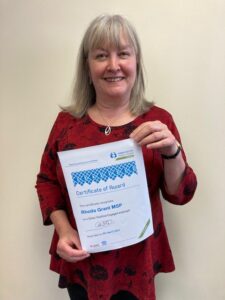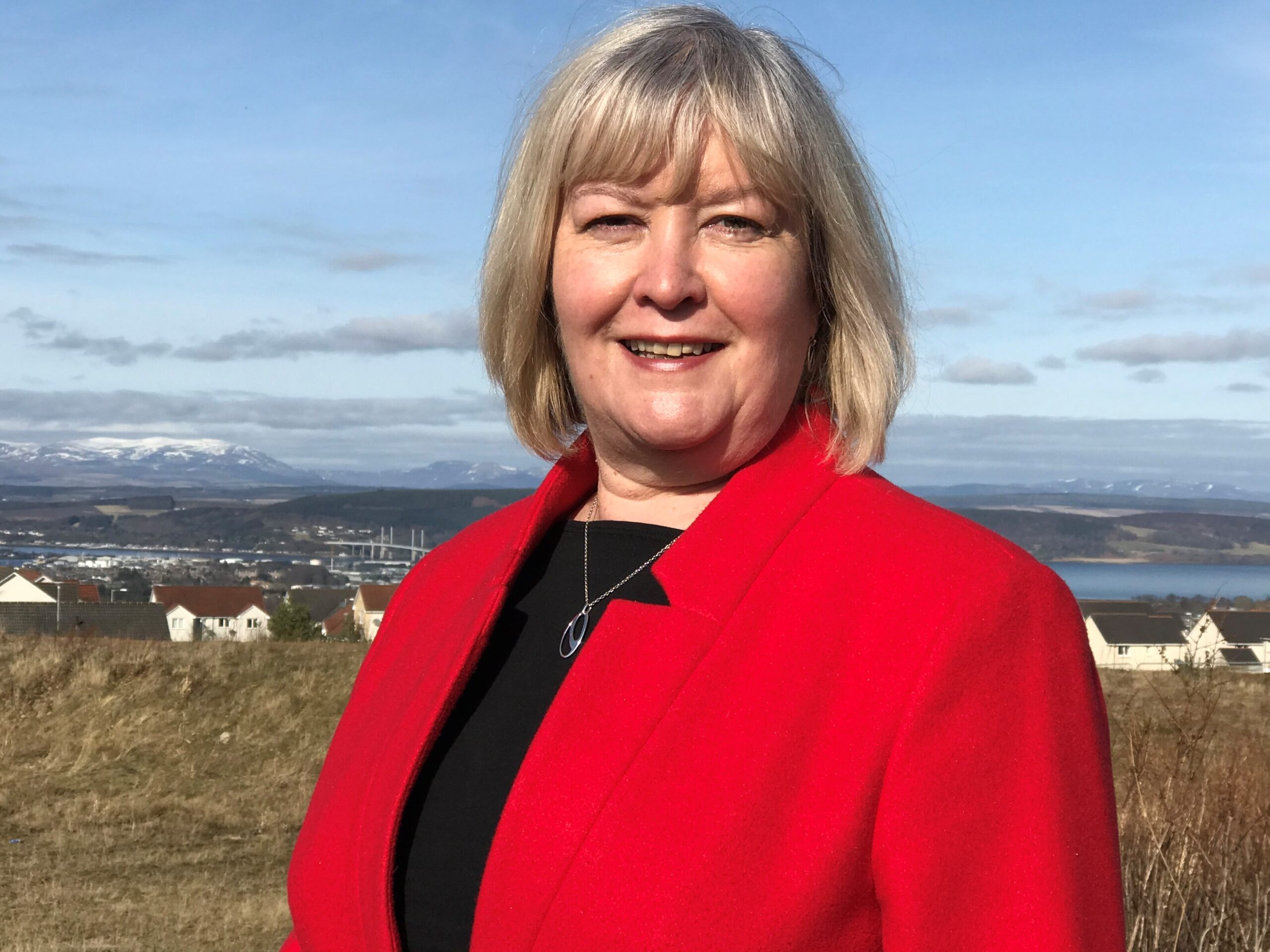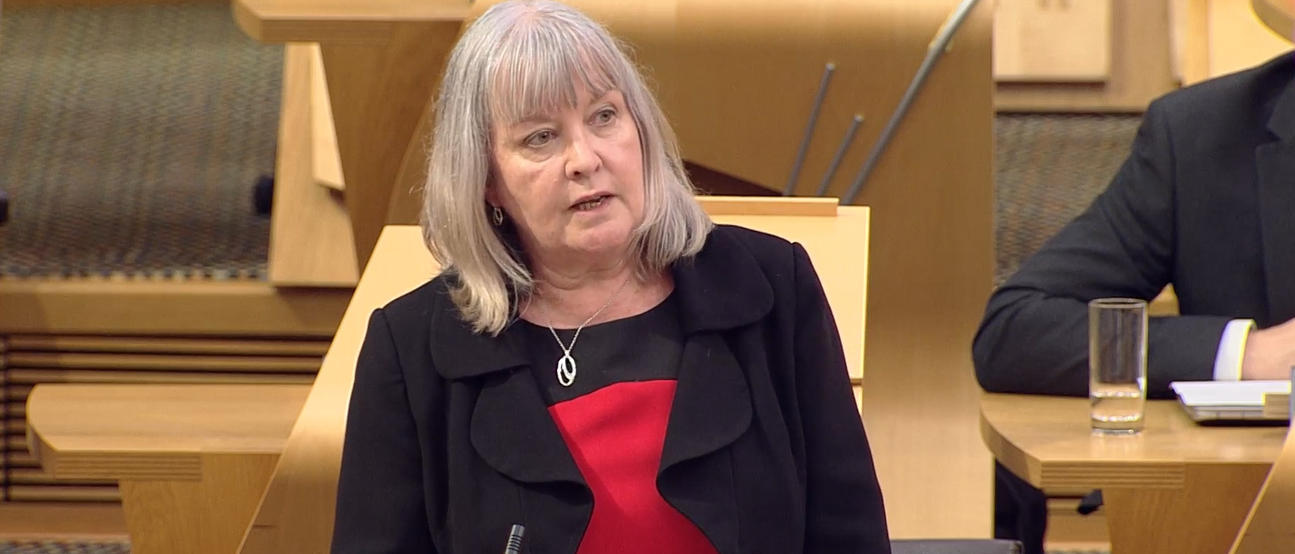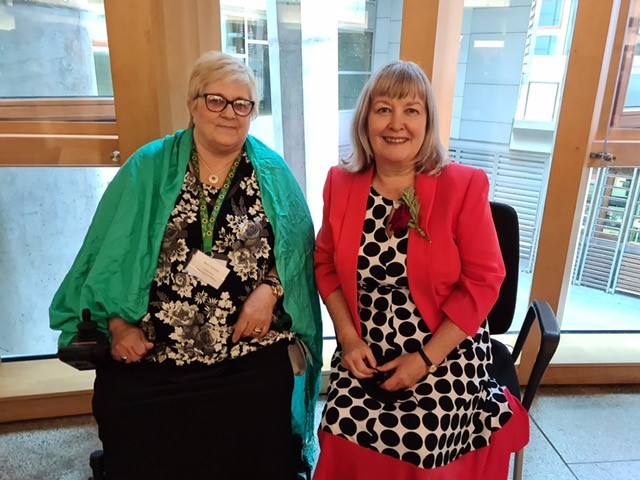Scotland’s large private social care providers are associated with lower wages, more complaints about care quality, and higher levels of rent extraction than public and third sector care providers, according to new research from the STUC.
Written by Christine Berry, Sara Mahmoud and Mike Lewis, the research finds:
- Nearly 25% of care homes run by big private providers had at least one complaint upheld against them in 2019/20, compared to 6% in homes not run for profit.
- In older people’s care homes, staffing resources are 20% worse in the private sector compared to the not-for-profit sector.
- Privately owned care homes only spend 58% of their revenue on staffing, compared to 75% in not-for-profit care homes.
- Over the last six years, the public sector has paid on average £1.60 more per hour to care workers.
- The most profitable privately owned care homes take out £13,600 per bed (or £28 of every £100 received in fees) in profits, rent, payments to the directors, and interest payments on loans. This compares to £3.43 in every £100 in fees for the largest not-for-profit care home operators.
The report argues that a truly transformative National Care Service must be based on a not-for-profit public service, delivered through local authorities with an ongoing role for the voluntary sector and sectoral bargaining through trade unions. It calls for the Scottish care home estate to be transferred out of private ownership gradually over time – for instance, through a multi-year plan backed up by Barnett consequentials from the UK government’s NI tax rise, Scottish National Investment Bank loans, ‘care bonds’ or capital borrowing. With ‘financial leakage’ in the region of £100 million per year, the report argues that, for the most extractive providers, this could pay for itself within a matter of years.
You can read the full report here: https://stuc.org.uk/files/Policy%20Papers/Profiting_from_Care_Report.pdf and you can view an STUC twitter thread about the report here: https://twitter.com/ScottishTUC/status/1542067963901235201.

